The names of 73 journalists were carved into white marble in Bayeux, France on 9 October — each representing a life lost while seeking truth in some of the world's most dangerous places.
Among them was a Ukrainian journalist who died from torture in Russian captivity after disappearing on occupied territory.
The ceremony took place as part of the 32nd Bayeux-Calvados-Normandy Award for War Correspondents, according to Reporters Without Borders (RSF).
RSF Director General Thibaut Bruttin unveiled the memorial stone in the presence of families and loved ones of the deceased journalists.
The 73 journalists commemorated this year died between 1 June 2024, and 1 June 2025 and worked in multiple countries, including Palestine, Ukraine, Mexico, Nepal, and others.
According to RSF, the high toll is due largely to the exceptional number of Palestinian journalists killed in Gaza by the Israeli army. More than 210 journalists from Gaza have lost their lives due to Israeli bombardments, at least 56 of them killed while doing their job, according to the organization. A separate memorial stone was dedicated to them with the message: "In memory of an unprecedented tragedy. To all journalists killed in Gaza."
Among the names engraved on the stone are Ukrainian journalist Viktoriia Roshchyna and Kazakh opposition figure and journalist Aydos Sadykov.
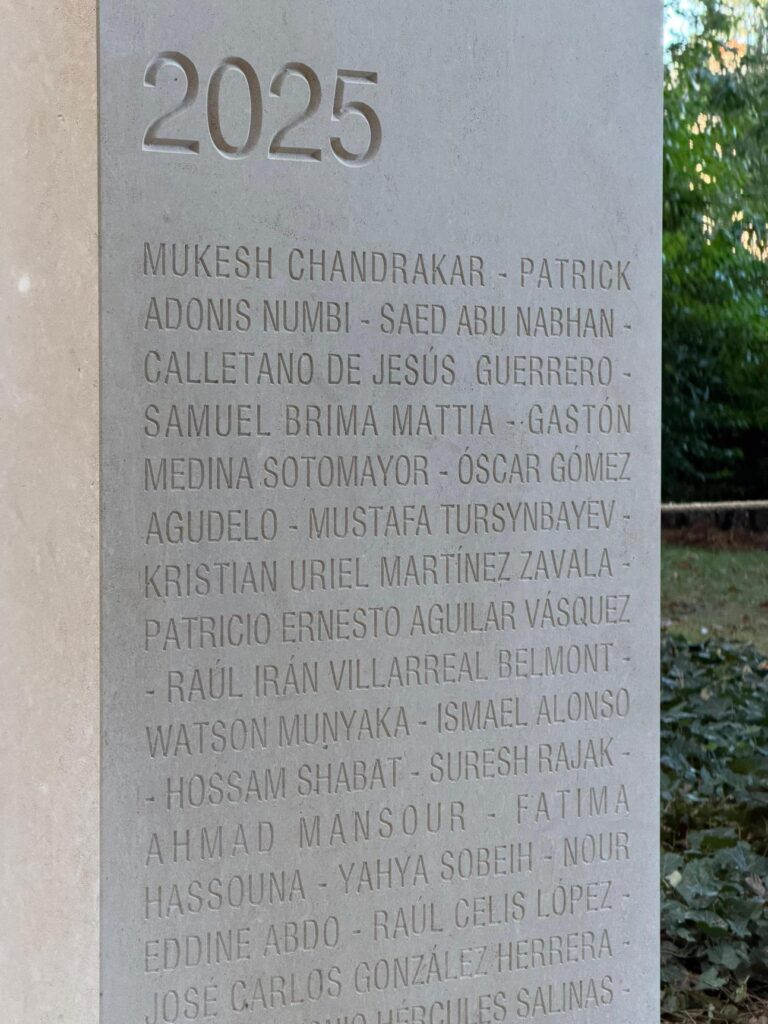
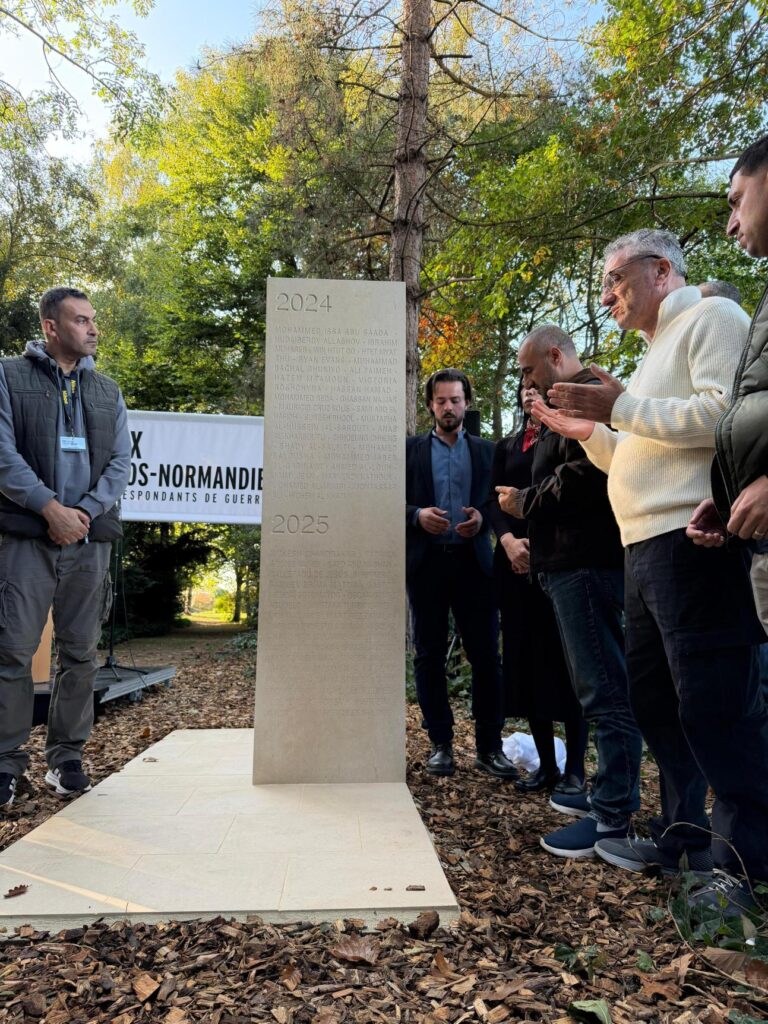
Ukrainian journalist's body returned with signs of torture and missing organs
In March 2022, Russian forces first kidnapped Viktoriia Roshchyna in temporarily occupied Berdiansk and held her for ten days before releasing her. Despite this detention, the 26-year-old journalist continued her dangerous work, traveling to Russian-held territories at least four times between February 2022 and July 2023 to document life under occupation.
In July 2023, Roshchyna embarked on what would be her final reporting trip. She was investigating Russia's detention system in occupied Zaporizhzhia, her home region, and compiling a list of FSB agents responsible for detention and torture of Ukrainian civilians.

She traveled from Kyiv to Poland by minibus, then crossed from Latvia into Russia on 26 July, with border documents showing her destination as Melitopol. She first traveled to Enerhodar via Mariupol to investigate torture centers.
Russian security services captured her shortly after. She was declared missing in Ukraine on 3 August, 2023. Russia first confirmed it was holding her in captivity only in May 2024 — eight months after her disappearance, according to information provided to her father.
Roshchyna's body was returned to Ukraine on 14 February 2025 during a prisoner exchange of 757 corpses, initially mislabeled as an "unidentified male." According to a three-month investigation by Forbidden Stories, the body showed unmistakable signs of torture and was missing vital organs.
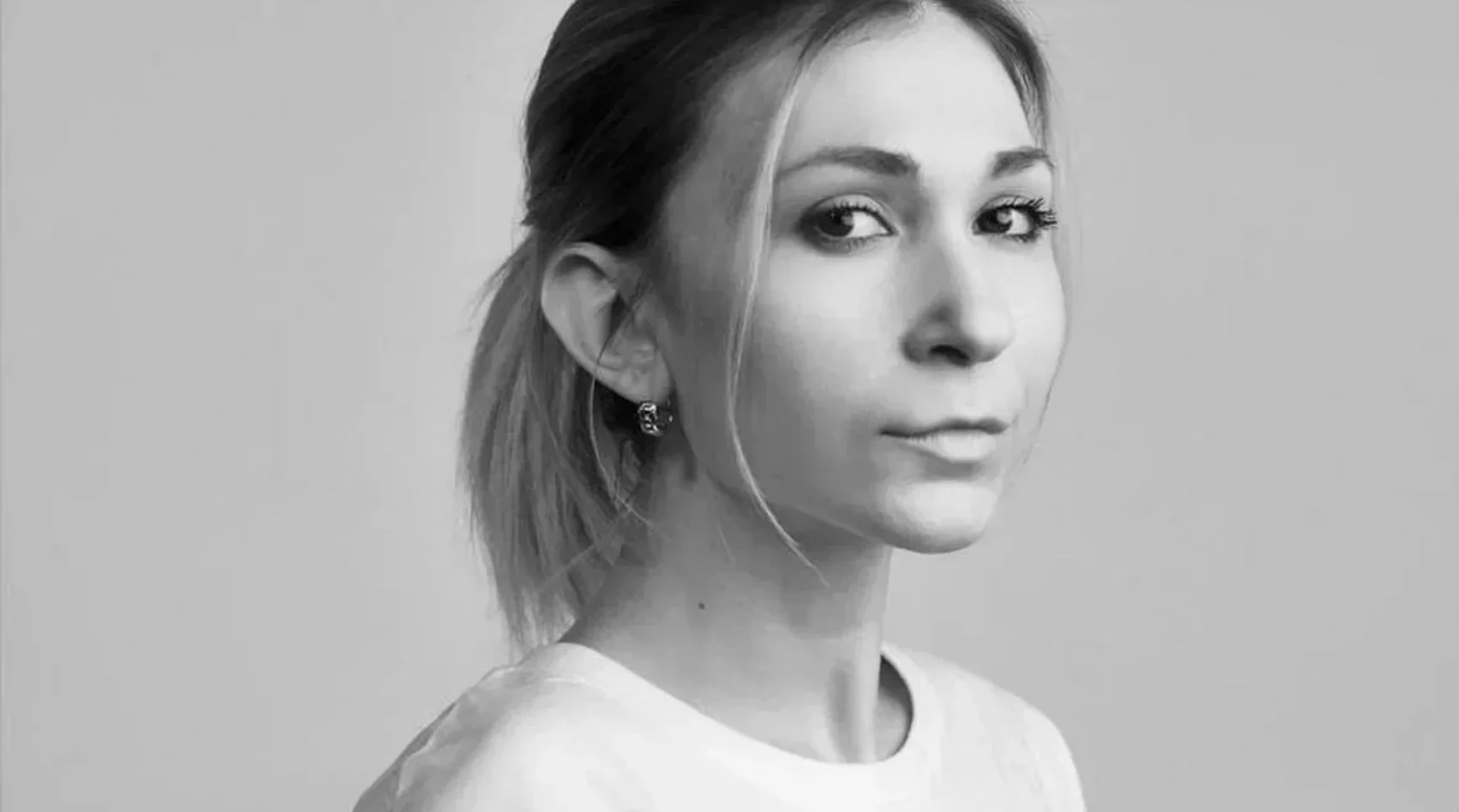
Forbidden stories: Ukrainian journalist went to document torture in Russian detention — her body returned without organs
Forensic investigators discovered numerous signs of torture including abrasions, hemorrhages, a broken rib, neck injuries, and possible electric shock marks on her feet, according to Yurii Belousov, head of Ukraine's War Crimes Unit.
A forensic examination conducted on 9 July 2025 confirmed her body showed neck bruising consistent with a possibly broken hyoid bone, a rare fracture typically associated with strangulation. The corpse was in a state of mummification after being frozen.
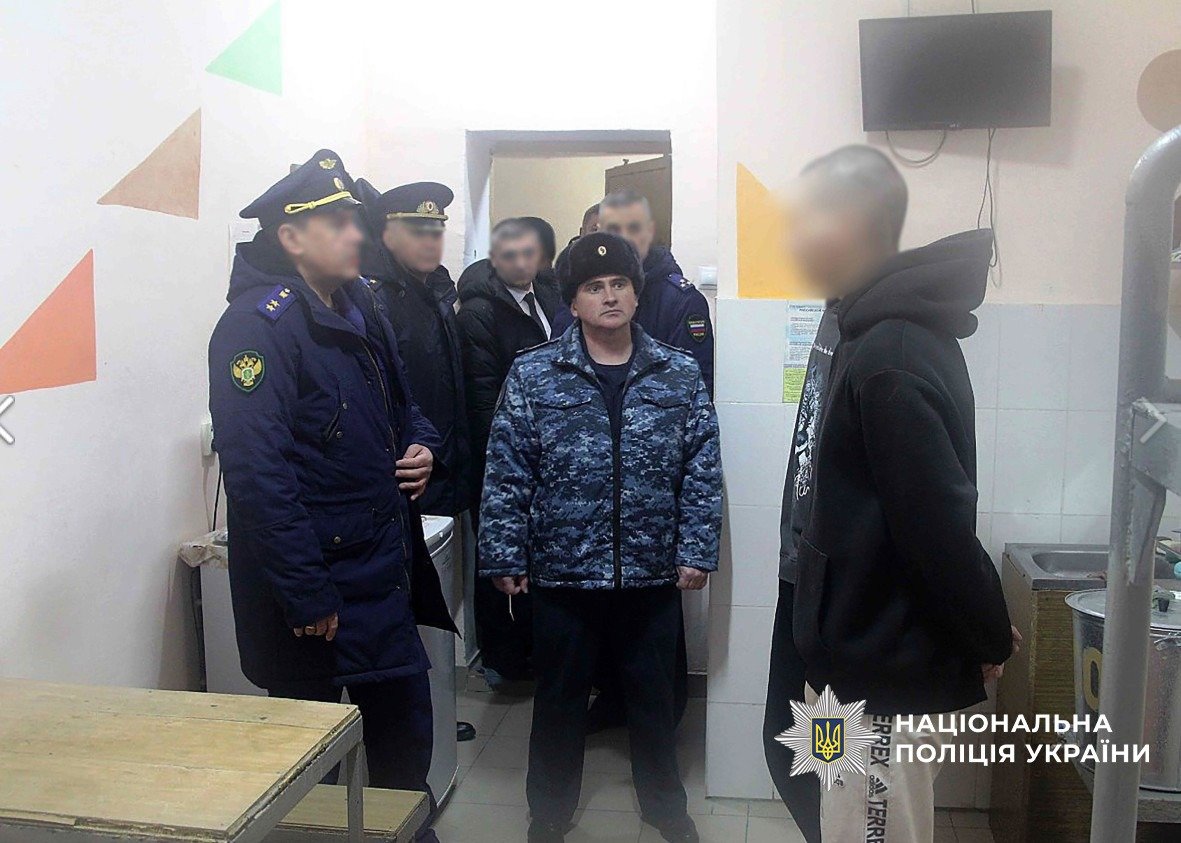
Ukraine reveals name of main torturer of journalist Roshchyna, who was killed in Russian detention center
Critical organs were missing — including parts of her brain, larynx, and eyeballs. The body arrived with signs of an autopsy that had been performed before arrival in Ukraine. Investigators believe this may represent a deliberate attempt to conceal the cause of death.
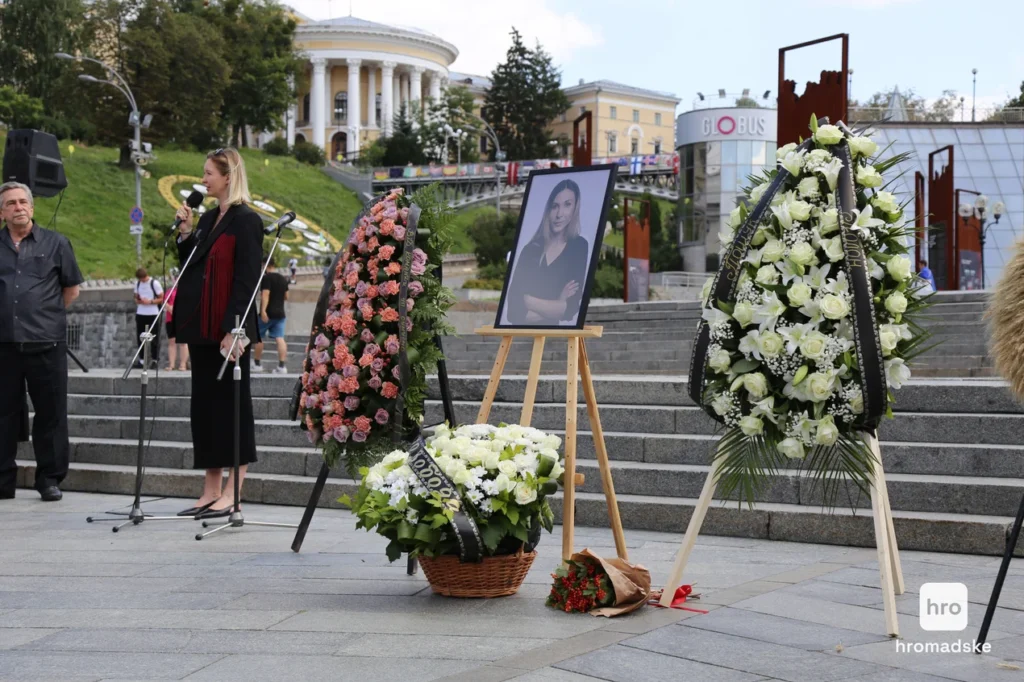
Roshchyna worked for Hromadske and later published in Ukrainska Pravda and Radio Liberty. She also collaborated with Ukrainian Radio, UA:Pershyi, and Censor.net. In 2022, she received the International Women's Media Foundation's Courage in Journalism Award. She was posthumously named a 2025 IPI-IMS World Press Freedom Hero, with the award to be presented on 24 October 2025 at the University of Vienna.
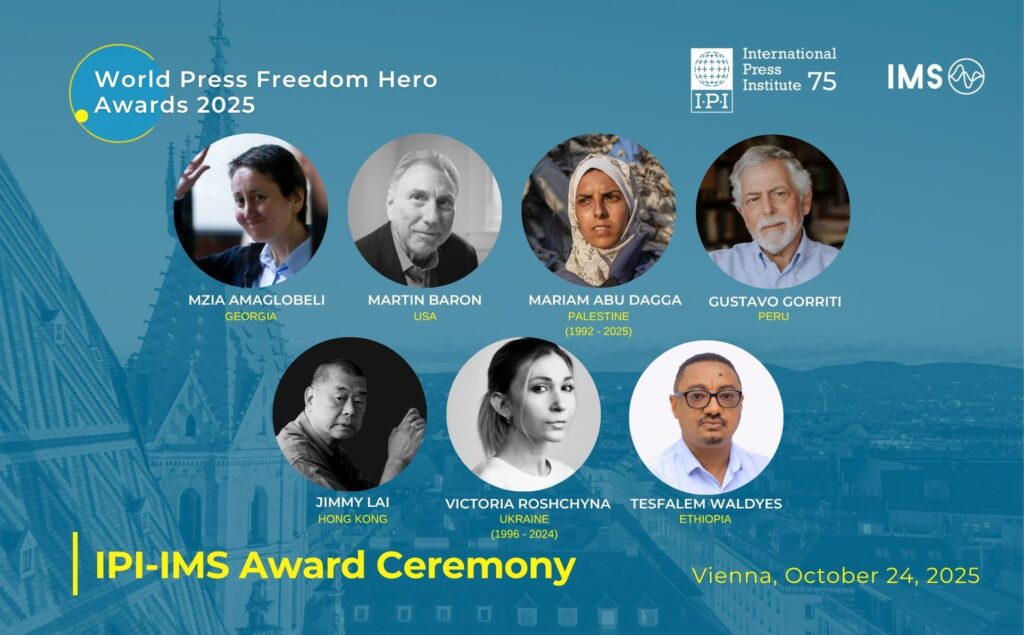
Kazakh opposition journalist killed after fleeing persecution
Aydos Sadykov had been living in Kyiv since 2014 after fleeing Kazakhstan due to political persecution. In his home country, he was a well-known opposition figure who actively opposed then-President Nursultan Nazarbayev, leading the local branch of the All-National Social Democratic Party Azat in the Aktobe region.
His political activism intensified in 2010 when he participated in a protest demanding Nazarbayev's resignation and the release of political prisoners. Following the protests, Sadykov was subjected to a month-long forced psychiatric examination and sentenced to two years in prison on what he maintained were fabricated hooliganism charges.
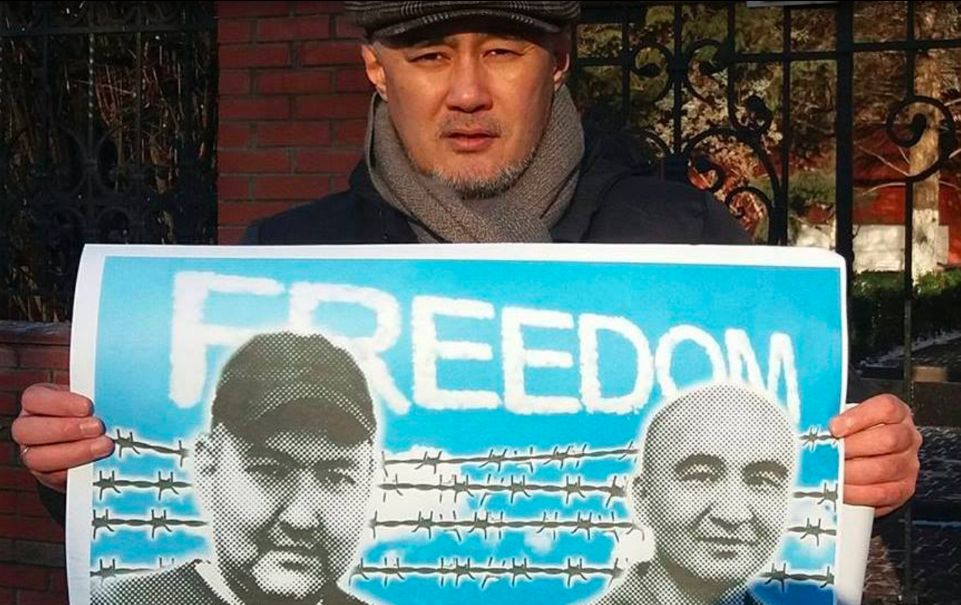
After his release, troubles with Kazakh authorities continued. In early 2014, the government opened a case against his wife, also a journalist, prompting the family to leave Kazakhstan and settle in Kyiv in April 2014.
In Ukraine, Sadykov became head of the internet media outlet BASE, a YouTube channel where he and his wife criticized the Kazakh government and called President Kassym-Jomart Tokayev a "puppet of Russian influence." In October 2023, he was placed on a wanted list in Kazakhstan for allegedly "inciting social, national, tribal, class, or religious hatred."
On 18 June 2024, an unknown assailant shot Sadykov in the head in broad daylight in Kyiv's Shevchenkivskyi district while he was in a car with his wife. Natalia Sadykova told Radio Azattyk that she believed the shooter was a professional hitman. Sadykov was rushed to the hospital and underwent surgery but remained in a deep coma.
Sadykov died on 2 July 2024, after fighting for his life for 13 days in intensive care.
"Aidos gave his life for Kazakhstan, accepting a martyr's death at the hands of killers," Sadykova wrote on Facebook. "His death is on Tokayev's conscience."
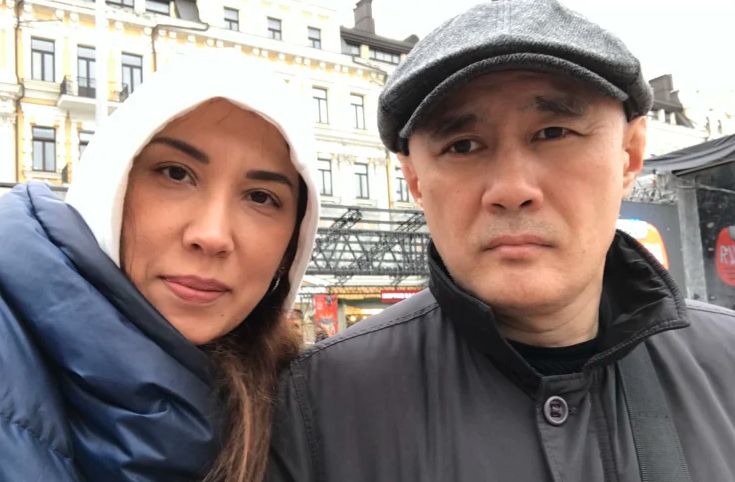
Ukrainian prosecutors prepared charges against two Kazakh citizens, Altai Zhakanbayev and Meiram Karatayev, upgrading the case from attempted murder to premeditated murder.
According to investigators, they came to Kyiv on orders from an unidentified person, where they monitored Sadykov's daily routine, work, and movements. As cover, they rented housing at different addresses. The suspects fled Ukraine immediately after the shooting and are wanted by Interpol.
Natalia Sadykova spoke at the Bayeux ceremony, recounting their shared struggle for truth and information.
"Aydos Sadykov was killed by the dictatorial regime of Kazakhstan's president, Kassym-Jomart Tokayev. Killed for telling the truth. He fought injustice with his words — and that is why he was murdered," she said, according to RSF.
She emphasized that impunity for the crime persists. "Only together can we put an end to impunity, arbitrariness and dictatorship," she said. "History will set the record straight. And the world will know who spoke the truth, and who killed them."

Exiled Kazakh journalist dies after shooting in Kyiv, exposing global reach of authoritarian regimes
Complete list of commemorated journalists
The following 73 journalists were engraved on the 2025 memorial stone, listed by date of death:
#PBCN2025 ????️ A 17h, au Mémorial des reporters la stèle 2024-2025 a été dévoilée. 73 noms y ont été gravés. Une mn de silence a été observée pour les journalistes Palestiniens. Un hommage particulier a été rendu à Antoni Lallican, Mauricio Cruz Solís et Anas Alkharboutli ???? pic.twitter.com/w8iD4wDw59
— Prix Bayeux Calvados-Normandie (@PrixBayeux) October 9, 2025
Ayelet Arnin
Roberto Carlos Figueroa Bustos
Muhammad Mengal
Mustafa Ayyad
Ashfaq Hussain Sial
Ola al-Dahdouh
Saad Ahmed
Muawiya Abdel Razek
Víctor Manuel Jiménez Campos
Khalil Jibran
Jorge Méndez Cardo (Jeiko)
Rico Sempurna Pasaribu
Víctor Alfonso Culebro Morales
Ibrahim Abdallah
Muhammad Mahmoud Abu Sharia
Aydos Sadykov
Mirad Mirza
Md Shakil Hossain
Mehedi Hasan
Abu Taher Md Turab
Tahir Zaman Priyo
Ismail al Ghoul
Rami al-Rifi
Pradip Kumar Bhowmik
Alejandro Alfredo Martínez Noguez
Mohammed Issa Abu Saada
Hudaiberdy Allashov
Ibrahim Muhareb
Win Htut Oo
Htet Myat Thu
Ryan Evans
Muhammad Bachal Ghuniyo
Ali Taimeh
Hatem Maamoun
Victoria Roshchyna
Hassan Hamad
Mohammed Reda
Ghassan Najjar
Mauricio Cruz Solís
Sami Abd el Hafidh
Suresh Bhool
Mustapha al-Hussein (al-Sarout)
Anas al-Kharboutli
Chhoeung Chheng
Mohamed Balousha
Mohammed Jaber al-Qarinawi
Ahmed al-Louh
Jimmy Jean
Markenzy Nathoux
Mohamed Al-Muqri
Montassar Ali
Hichem Al Khatmi
Mukesh Chandrakar
Patrick Adonis Numbi
Saed Abu Nabhan
Calletano de Jesús Guerrero
Samuel Brima Mattia
Gastón Medina Sotomayor
Óscar Gómez Agudelo
Mustafa Tursynbayev
Kristian Uriel Martínez Zavala
Patricio Ernesto Aguilar Vásquez
Raúl Irán Villarreal Belmont
Watson Munyaka
Ismael Alonso
Hossam Shabat
Suresh Rajak
Fatima Hassouna
Yahya Sobeih
Nour Eddine Abdo
Raúl Celis López
José Carlos González Herrera
Javier Antonio Hércules Salinas
Read also
The 73 journalists commemorated this year died between 1 June 2024, and 1 June 2025 and worked in multiple countries, including Palestine, Ukraine, Mexico, Nepal, and others.
#PBCN2025 ????️ A 17h, au Mémorial des reporters la stèle 2024-2025 a été dévoilée. 73 noms y ont été gravés. Une mn de silence a été observée pour les journalistes Palestiniens. Un hommage particulier a été rendu à Antoni Lallican, Mauricio Cruz Solís et Anas Alkharboutli ???? pic.twitter.com/w8iD4wDw59
— Prix Bayeux Calvados-Normandie (@PrixBayeux) October 9, 2025




